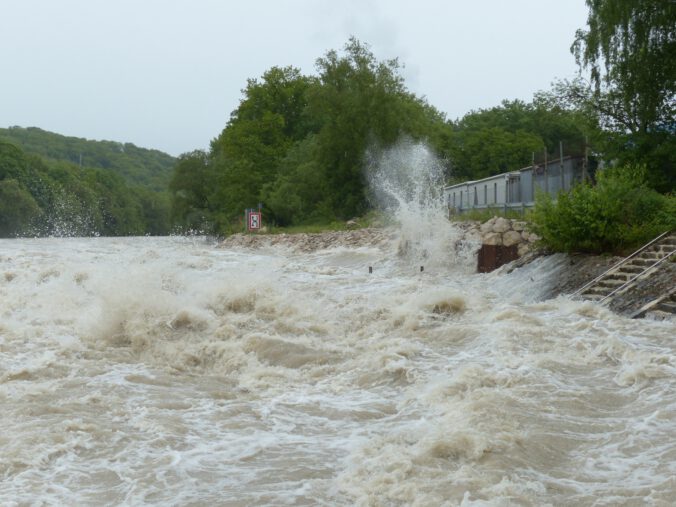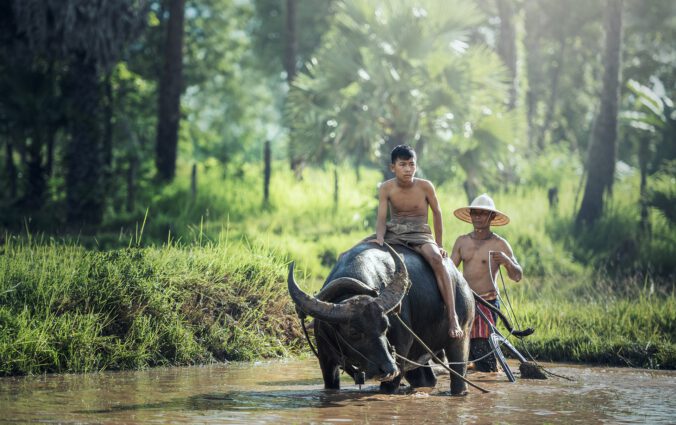Disasters such as cyclones, floods, and droughts are more connected than we might think, and human activity is the common thread, a UN report released on Wednesday reveals.
The study from the United Nations University, the academic and research arm of the UN, looks at 10 different disasters that occurred in 2020 and 2021, and finds that, even though they occurred in very different locations and do not initially appear to have much in common, they are, in fact, interconnected.
A consequence of human influence
The study builds on the ground-breaking Intergovernmental Panel on Climate Change (IPCC) assessment released on 9 August, and based on improved data on historic heating, which showed that human influence has warmed the climate at a rate that is unprecedented in at least the last 2,000 years.
António Guterres, the UN Secretary-General described the IPCC assessment as a “code red for humanity”.
Over the 2020-2021 period covered by the UN University, several record-breaking disasters took place, including the COVID-19 pandemic, a cold wave which crippled the US state of Texas, wildfires which destroyed almost 5 million acres of Amazon rainforest, and 9 heavy storms in Viet Nam, in the span of only 7 weeks.
The new report identifies three root causes that affected most of the events in the analysis: human-induced greenhouse gas emissions, insufficient disaster risk management, and undervaluing environmental costs and benefits in decision-making.
The first of these, human induced greenhouse gas emissions, is identified as one of the reasons why Texas experienced freezing temperatures, but these emissions also contribute to the formation of super cyclones such as Cyclone Amphan, on the other side of the world.
The report also shows how the record rate of deforestation in the Amazon is linked to the high global demand for meat: this demand has led to an increase in the need for soy, which is used as animal feed for poultry.
As a result, tracts of forest are being cut down.
“What we can learn from this report is that disasters we see happening around the world are much more interconnected than we may realize, and they are also connected to individual behaviour”, says one of the report’s authors, UNU scientist Jack O’Connor.
“Our actions have consequences, for all of us”, according UN News.
Join the World Government Movement if you believe the world leaders should unite and work together to create a Paradise on Earth.[ultimatemember_social_login id=691]





